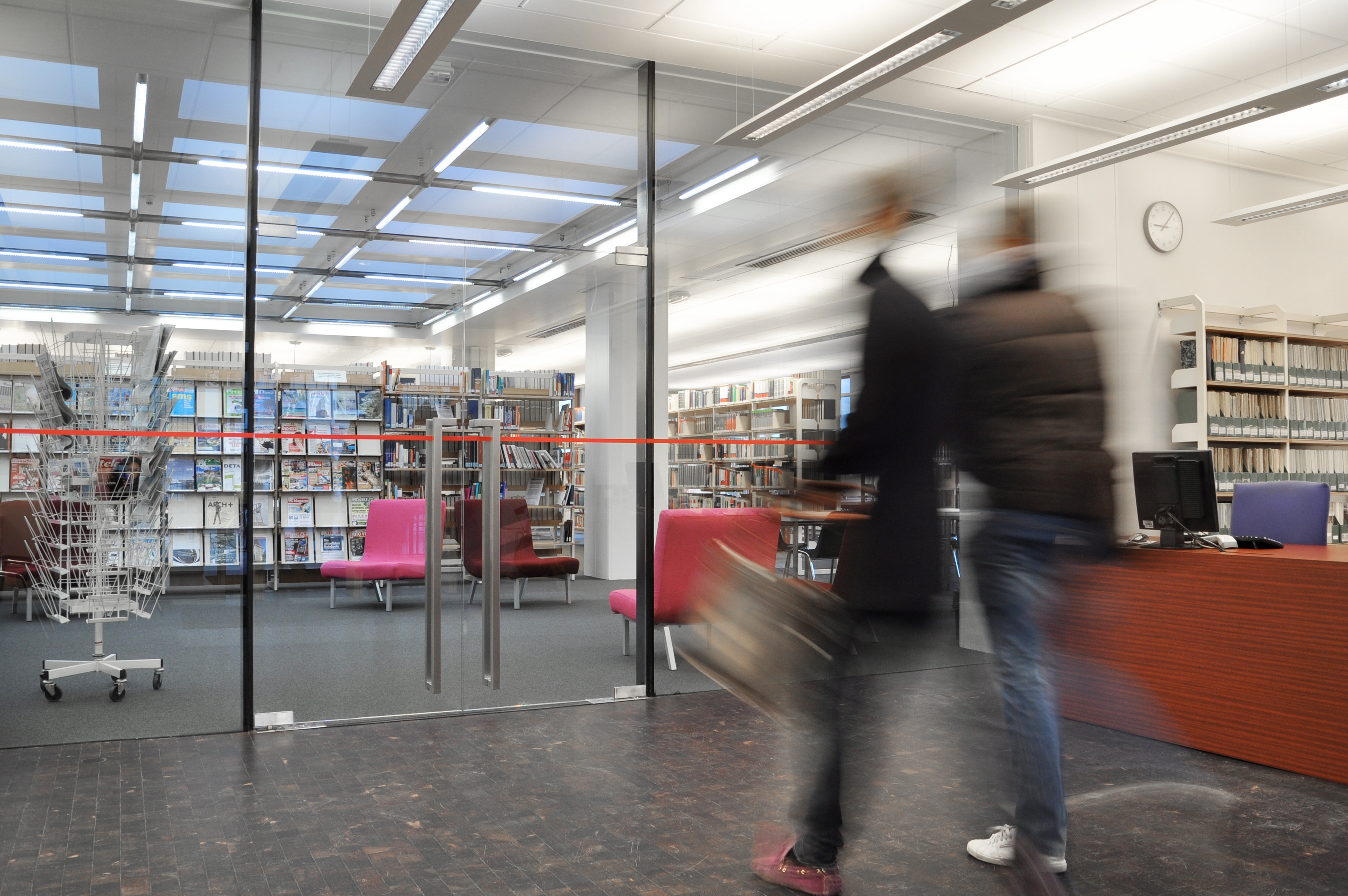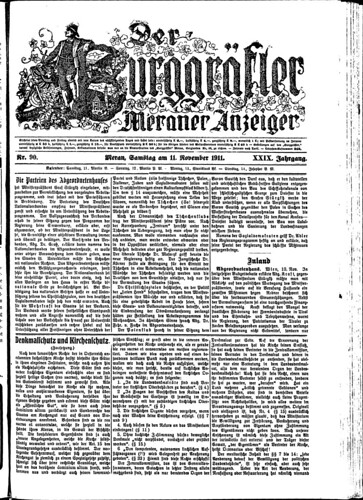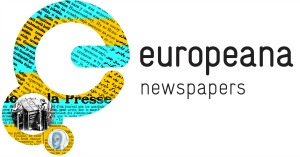Every month we highlight one partner of the Europeana Newspapers Project. These articles will give you the ‘inside story’ about our partners, their specific role within the project and the various challenges that arise with the refinement and aggregation of historical newspapers. This month we feature the Dr. Friedrich Teßmann Library.

The Teßmann Library in Bozen, Italy is the regional library for the German and the Ladinspeaking population in South Tyrol. It is the largest scientific and general library of the country and has 450,000 items in its collection including books, newspapers, magazines, CDs, DVDs, CD-ROMs, maps and pictures.
It also runs the Digital Newspaper Archive, a portal where anyone can access digitised historical newspapers held by the library. Between 2006 and 2011, some 1.5 million newspaper pages have been made available via this website. It presently offers access to 55 digitised newspapers and periodicals published in the area of historic Tyrol in the 19th and beginning 20th century. The material came from institutions across the Tyrol and Trentino regions of Austria and Italy, with microfilm and the original print versions being used to make the digital files.

The digitisation of such material is important for many reasons. First, newspapers are an important source of information; for local news and politics, for world affairs and as a testimonial of the past. They deliver immediate and spontaneous information as it was reported at the time. This means newspapers are a valuable resource for those working in fields such as history, social science and linguistics.
Another reason is that digitised newspapers need to be protected. Their fragile paper often suffers from decomposition and this is a major incentive for libraries and other institutions all over the world to scan large stocks of newspapers and to make these digitised versions accessible to the public via online portals.
In the case of the Teßmann Library, the early work that we did to digitise newspapers also had a direct benefit for the institution. Our experience meant that we were selected to take part in the Europeana Newspapers project. We were selected to supply the project with 1.2 million pages of newspapers and periodicals published in the local alpine area, printed mostly in German but also in Italian.

More than half of this has already been delivered to the technical partners of Europeana Newspapers. They will take the content and refine it using OCR (Optical Character Recognition), OLR (Optical Layer Recognition) and NER (Named Entity Recognition) techniques. At a later stage, these refined pages will be presented via Europeana and The European Library websites.
Our participation in this project is a great opportunity for the Teßmann Library since it increases the Library’s popularity and supports its goals as a forward-looking institution whose focus lies in promoting access to information.
Another important aspect is the networking – both social and professional – on an international scale. By making contacts with other institutions, we can benefit from their experience and expert knowledge. We expand our knowledge and share our own contribution and experience.

The current portal will be re-launched in the coming months with new features including full-text search, facetted search and a new layout. Names of people, places and organisations will also be tagged within the text to make it as easy as possible to locate content.
Finally, the Europeana Newspapers project is a key way for us to increase the quality of our existing portal of digitised newspapers by making the content accessible on the basis of full text search. This will make research within our digitised material easier, more precise and more complete.
